Eric Fossum ’79, H’14 to Receive Trinity’s First President’s Medal for Science and Innovation
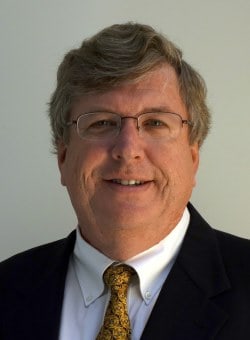
Alumnus and former Trinity College Trustee Eric Fossum ’79, H’14 will receive Trinity College’s inaugural President’s Medal for Science and Innovation during the Spring Bicentennial Symposium: Reflection and Action on February 28, 2024.
Fossum is the inventor of the CMOS image sensor “camera on a chip” used in almost all smartphones and webcams, as well as in medical imaging and more. He is the John H. Krehbiel Sr. Professor for Emerging Technologies in the Thayer School of Engineering at Dartmouth College, where he also serves as director of Thayer’s Ph.D. Innovation Program and vice provost for entrepreneurship and technology transfer.
“Since our founding in 1823, Trinity College has been proud of its commitment to the study of science, technology, engineering, and mathematics (STEM) in a liberal arts environment,” said President Joanne Berger-Sweeney. “As a place for problem solvers and innovators, Trinity has a commitment to the sciences that has only grown over time in recognition of the value the sciences provide toward our understanding of an ever-changing world. More directly, innovation is in our DNA. The interdisciplinary nature of a liberal arts education teaches a uniquely broad and effective approach to problem-solving.”
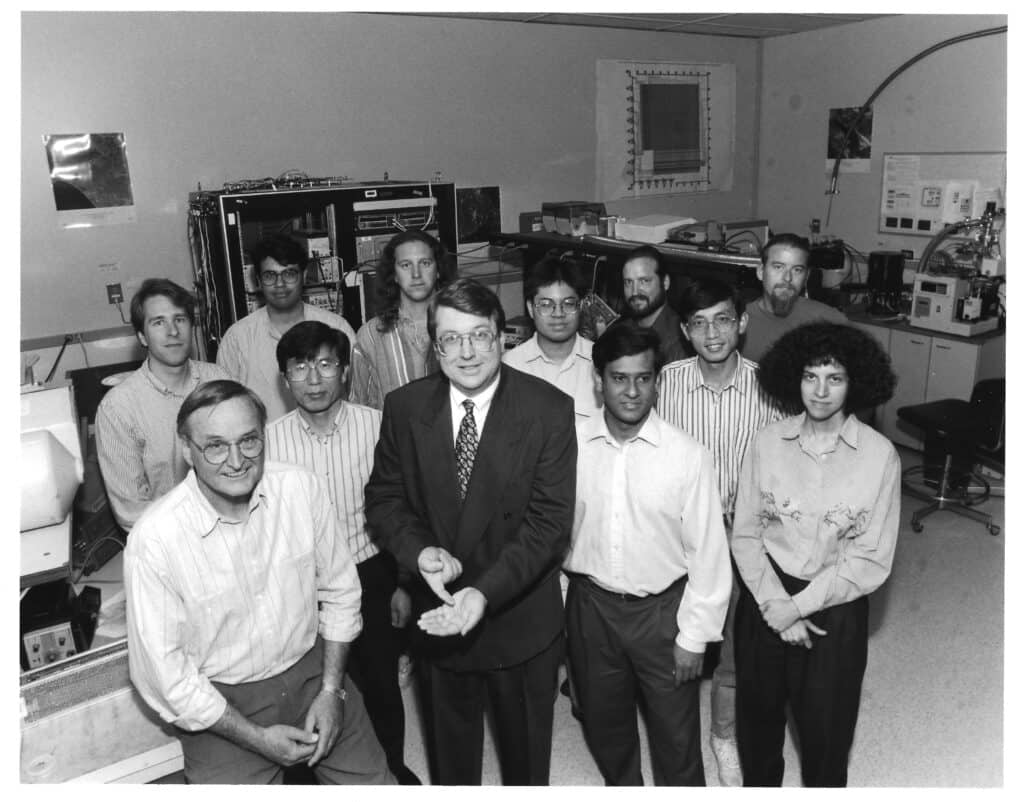
To highlight the significance of the sciences at Trinity during the College’s Bicentennial year, Berger-Sweeney—a neuroscientist herself—created the President’s Medal for Science and Innovation. The medal recognizes a prominent, internationally renowned individual in science, technology, engineering, or mathematics who has influenced STEM with marked success and who represents the liberal arts ideal of empowering humanity through the sciences. As Trinity enters its third century of excellence, the introduction of this award supports the goal of elevating Trinity’s national standing in the sciences.
The President’s Medal for Science and Innovation Advisory Committee, made up mostly of prominent STEM faculty at Trinity, leads the selection process, ultimately recommending a small pool of highly qualified candidates to the president of the College. Recipients may be—but are not required to be—alumni of the College and should be renowned in their field.
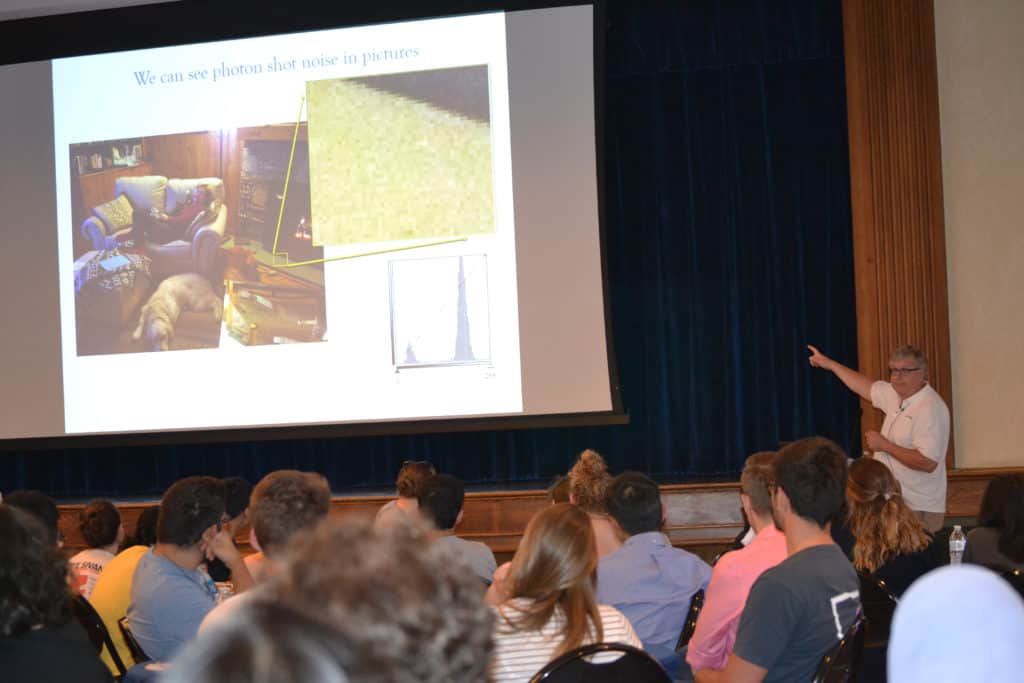
Fossum was born in Hartford Hospital, grew up attending public school in Simsbury, and spent Saturday mornings at the Talcott Mountain Science Center, where he now serves as a Trustee. He majored in physics and engineering at Trinity and went on to earn an M.S. and a Ph.D. in engineering and applied science from Yale University. Fossum has worked at NASA’s Jet Propulsion Laboratory (JPL) at the California Institute of Technology and is a member of the National Inventors Hall of Fame and the National Academy of Engineering.
As a self-described serial entrepreneur, Fossum co-founded Photobit Corporation in 1995 and later served as chairman and CEO of Siimpel Corporation and as a consultant with Samsung Electronics. He more recently co-founded and chaired the Dartmouth spinoff Gigajot Technology Inc. In recognition of his work, Fossum has won numerous awards, including 2017’s prestigious Queen Elizabeth Prize for Engineering, considered by many as engineering’s Nobel Prize. He also has published more than 330 technical papers and holds more than 180 U.S. patents.
Fossum is a former member of Trinity’s Board of Trustees and has returned to campus over the years to speak to students about science, technology, entrepreneurship, and innovation. Trinity awarded him an honorary doctor of science degree in 2014.
Interviewed by The Trinity Reporter in 2011, Fossum said, “It is sometimes hard to explain . . . that engineering is a very creative field. People tend to think about the math and physics behind engineering as the core elements, but actually they are just tools engineers utilize to invent creative solutions for society. I think the goal of graduating broadly educated, free-thinking engineers fits in rather well with a liberal arts environment.”
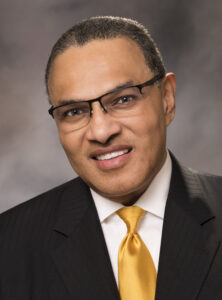
The ceremony presenting the inaugural medal to Fossum also will feature the Presidential Distinguished Lecture by 2023 National Academy of Sciences Public Welfare Medal recipient and University of Maryland, Baltimore County President Emeritus Freeman A. Hrabowski III. Hrabowski’s research and publications focus on science and math education, with special emphasis on minority participation and performance. He was named in 2012 by President Obama to chair the President’s Advisory Commission on Educational Excellence for African Americans.
Earlier in the day, Fossum will take part in a conversation with Shirley M. Malcom, senior advisor and director of SEA Change at the American Association for the Advancement of Science. In her career of more than 40 years at the association, Malcom has worked to increase access to education and careers in STEM, as well as to enhance public science literacy. She served on President Clinton’s Committee of Advisors on Science and Technology and received the 2003 Public Welfare Medal of the National Academy of Sciences.
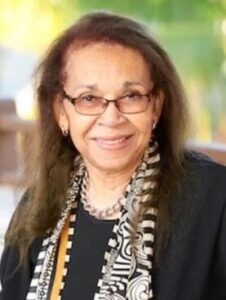
With no scheduled classes or other competing activities scheduled for the day of the Spring Bicentennial Symposium, the entire academic community will have an opportunity to engage in critical dialogue. The interconnectedness of Trinity’s academic divisions (i.e., arts, humanities, mathematics, natural sciences, and social sciences) will enhance a daylong exploration of moments of innovation, both technological and theoretical, in the hopes fostering understanding and diverse ways of thinking.
For the schedule and more details about the Spring Bicentennial Symposium, click here.
